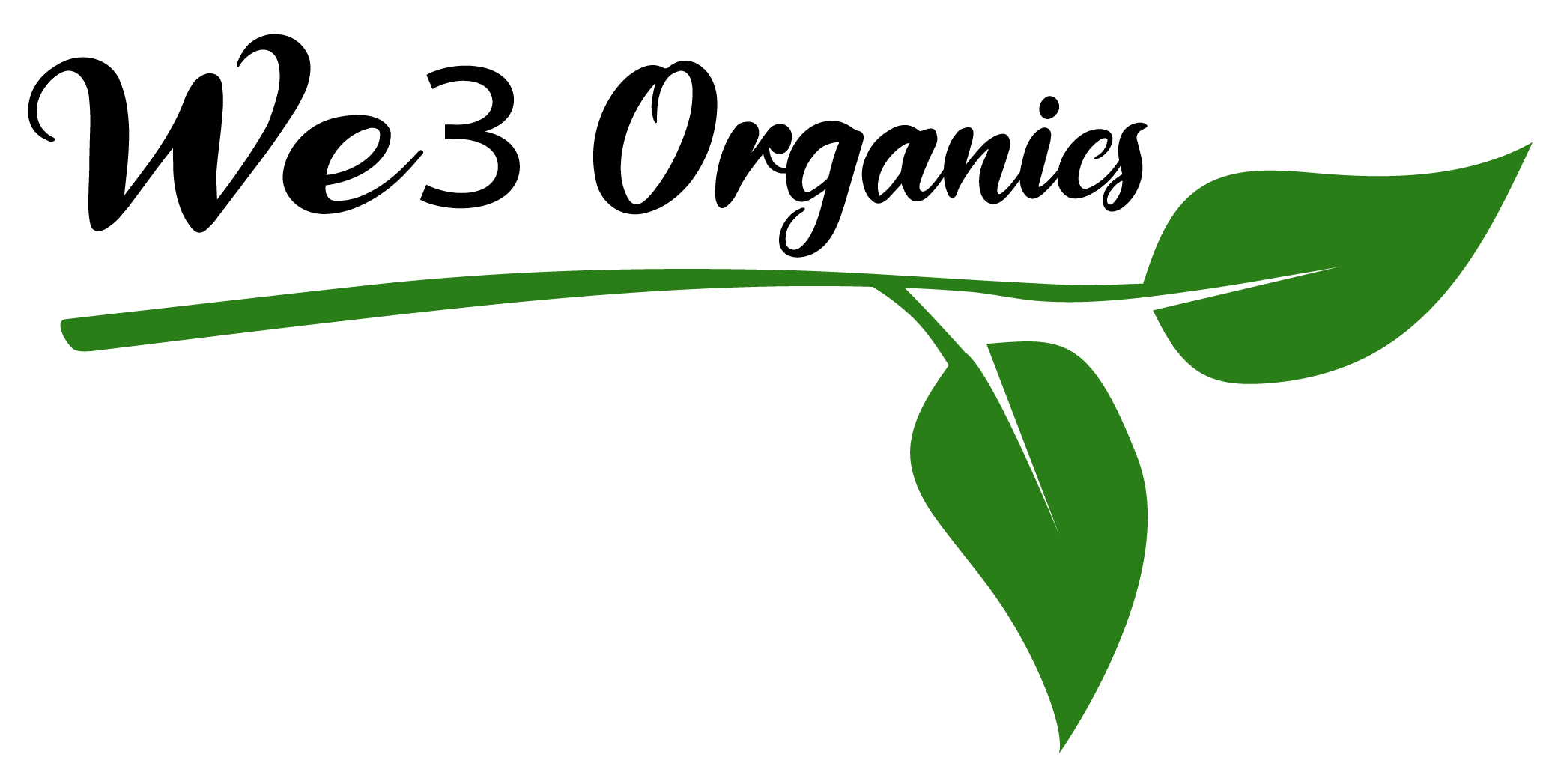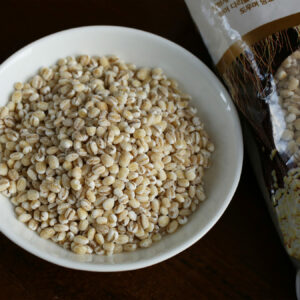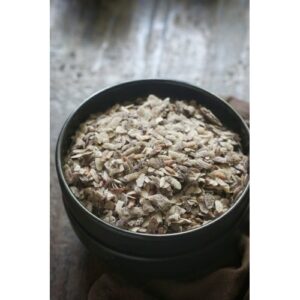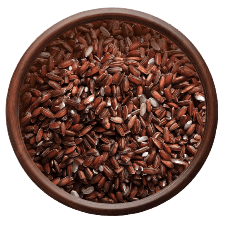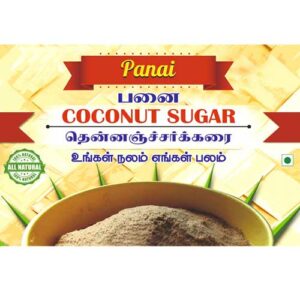White Country Corn Cholam (வெள்ளை சோளம்)
White Country Corn Cholam (வெள்ளை சோளம்)
₹22.80 – ₹91.20
Share this product
Sorghum (Hindi: Jowar; Tamil: Cholam; Telugu: Jonna; Kannada: Jola; Malayalam: Cholum) is an ancient cereal grain which is a staple crop in India.
Jowar is a safe grain to eat for people with gluten allergies and celiac disease. Like pearl millet, foxtail millet, cholam also belongs to Millets (siruthaniyam) category. Consuming organic millets has many health benefits and are also economical compared to rice and wheat.
Organically grown jowar grain provides health benefits that make it a worthy addition to any diet.
Let’s check the health benefits of Jowar, nutritional values, facts, recipesand more.
India being the largest producers of jowar when is the last time you had eaten jowar in any form. Everyone agrees with the Introduction – “Why Jowar is the go to cereal for health benefits”. But jowar has literally vanished from our recipes.
All Millets are Gluten Free. What is Gluten?
Fight For Rebirth Of Millets
The bad should die and good survives, this is what evolution is all about. But the reverse is happening in case of millets. Millets is fast becoming non-existent food. Specially urban population is spoilt with easier options like corn flakes and processed foods.
Poor diet has resulted in Indina topping the world obesity rate.
Food has become a commodity and food companies focus on rice and wheat for various business reasons. Millets are the staple food of India. Millet crops grows in less water conditions and are less prone to plant diseases. Above all its just a grass, only drawback of millets are it can give you too much of nutrients than human body naturally needs.
There are many varieties of jowar primarily grown as fodder for livestock. Only in recent past western world has realized the benefits of Jowar (sorghum) as this is the perfect food for people with gluten insensitivity.
Nutritional Value Of Sorghum
Benefits Of Jowar
Some of the health benefits of sorghum include its
| QTY | 250G, 500G, 1KG |
|---|
Share this product
Related products
-
Organics
BARLI
Rated 0 out of 5₹25.00Original price was: ₹25.00.₹23.00Current price is: ₹23.00. Add to cart -
Organics
AVUL KARUPU KAVUNI
Rated 0 out of 5₹54.00 – ₹108.00 Select options This product has multiple variants. The options may be chosen on the product page -
Organics
60THAM KURUVAI 500G
Rated 0 out of 5₹60.00Original price was: ₹60.00.₹50.00Current price is: ₹50.00. Add to cart

